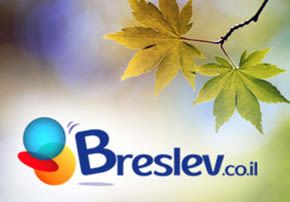
Matot: The Broken Promise
"You are still connected with that world, and this bars you from a complete presence here. You must break your earthly promise with your friend, and only then can you learn...

Parshat Mattot
“If a man takes a vow to God or swears an oath to prohibit himself [from something which the Torah permits], he shall not violate his word [and] he must act in accordance with whatever he uttered” (Bamidbar 30:3).
There exist very stringent halachot (Torah laws) with regard to oaths. A person is only permitted to take a vow abstaining from something which is relevant to the Beit Hamikdash (Holy Temple in Jerusalem which was destroyed approximately 2,000 years ago).
For example, taking a vow to refrain from one’s wife would immediately be annulled, since this has no bearing on the Beit Hamikdash. Additionally, a vow only is legitimate if it is actually verbalized. However, the actual language which is spoken does not matter; rather it is the intention of the oath giver. If a person has the intention to go without wine but mistakenly says bread, neither is forbidden to him. Amazingly, if a person made a vow in a dream, it is legitimate and he must have it nullified properly. Conversely, if one dreams that a vow was nullified, this is not regarded as valid.
One may wonder the reason to take an oath, and the Midrash gives three explanations. First, if a Jewish person strays from the Torah path, a vow is an excellent way to toughen his resolve to do teshuvah (return to God). Second, if there is an occasion to do a mitzvah (Biblical commandment), one may take an oath to do this mitzvah. Third, Yitzchak’s (Isaac) son, Yaakov (Jacob), had the custom of making oaths in difficult times. However, it is clear that taking oaths frivolously is highly disregarded and considered a sin.
There is a prescribed manner in which to nullify an oath, if desired. He must confer with three rabbis who specialize in the halachot of vows. They decide and declare that he was not familiar with the consequences of taking such an oath because if he had been aware, he would not have done so. If he sufficiently regrets the oath, the three rabbis have the authority to nullify it.
* * *
It happened that there were two chassidim who were best friends throughout their lives. As they reached old age, they made a solemn oath. Whichever man passed onto the next world first would return in a dream and describe the World to Come to the other. The first man to pass on fulfilled his promise. When he came to the other in a dream, he had troubling news.
“There is a great amount of Torah study here, but the righteous men of Heaven will not include me in their discussions.”
“That’s terrible news,” exclaimed the one still living. “Maybe you should consult with the Baal Shem Tov for guidance.”
Sure enough, the deceased followed his friend’s advice and came to the Baal Shem Tov in a dream. “Rebbe, you have to help me! I’m being ignored in Heaven.”
“What is the subject of Torah they are now discussing?” asked the Baal Shem Tov.
The chassid responded, “It’s a certain section found in the Holy Zohar.”
“There is a confusing topic in that section of the Zohar,” said the Baal Shem Tov. “I will explain it to you, and you can join the discussion when no one else will be able to expound on that topic.”
The chassid was overjoyed, but the next night returned to the Baal Shem Tov. “Rebbe,” he cried, “the others were very happy to hear your teaching, but they continue to act as if I’m not there.”
"You only have one option at this point. You must interrupt their Torah study until they tell you why you are being ignored.” The chassid followed the advice of the Baal Shem Tov and after persistent badgering, he got the answer.
“As long as you have an active oath in the physical world, you cannot participate in Torah study here. You are still connected with that world, and this bars you from a complete presence here. You must break your earthly promise with your friend, and only then can you learn with us.”
And so it was.
***
Tzvi Meir Cohn attended Yeshiva Hadar Hatorah in Crown Heights, Brooklyn after completing his university studies in Engineering and Law. While studying at the Yeshiva, he discovered a deep connection to the stories and teachings of the Baal Shem Tov. His many books about the Baal Shem Tov can be found in the Breslev Store. He can be contacted at howard@cohnpatents.com.


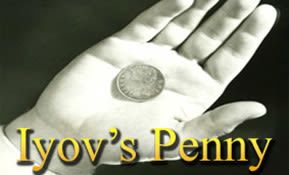
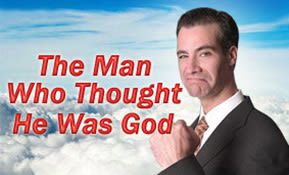


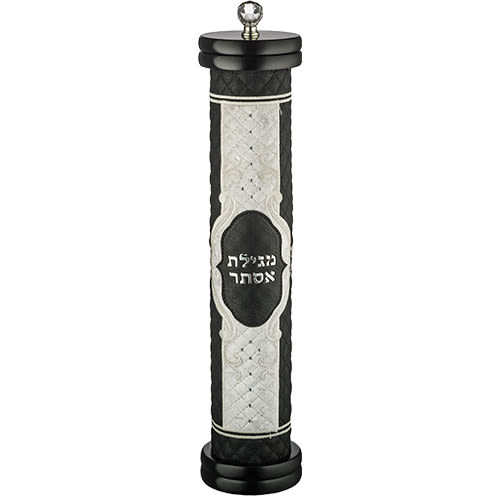
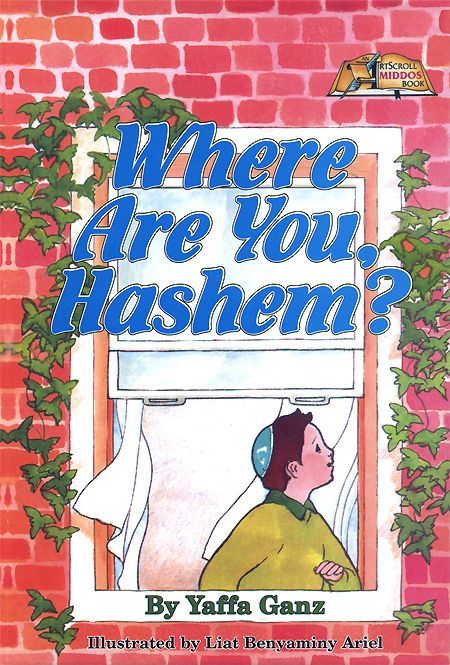

Tell us what you think!
Thank you for your comment!
It will be published after approval by the Editor.